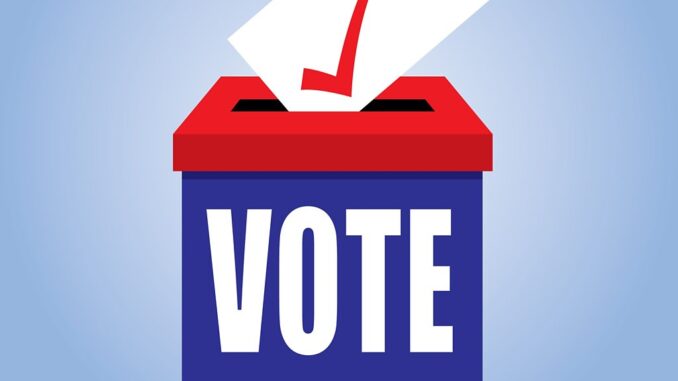
Gabby Molina ’21
Almost a month after the 2020 Presidential Election was called for President-elect Joe Biden, there are still questions surrounding the transition of power. To date, no evidence of voter fraud has been found, but President Trump maintains his stance on the existence of such fraud. Citizens are left questioning what will happen come Inauguration Day in January.
Despite the President’s current stance, the Trump administration is finally allowing for a transition of power. Head of the General Services Administration, Emily Murphy, released a formal letter on November 23, which would allow the Biden administration to begin preparations for Inauguration Day. With only 57 days to do its formal work, President-Elect Biden finally has access to funds, a transition team, and national security information. With about 23 less days than most other presidents, Biden will need to undertake a smooth transition of power to ensure the safety and security of the American people.
While this information from the GSA brings comfort to many United States citizens, there is still worry surrounding President Trump’s public allegations of voter fraud. Thus, the question of what happens come January still remains.
However, it seems we finally have our answer to this. During his first press conference since the election, President Trump told reporters that he will, in fact, leave office if the Electoral College votes for President-elect Biden on December 14. However, he is also quoted as saying, “It’s going to be a very hard thing to concede because we know there was massive fraud.” CNN also reports that the President believes the Electoral College will have made a mistake should they choose Biden.
Still, President Trump is exploring his legal options in a number of battleground states. According to NPR, as of November 22, there have been two full recounts requested in Georgia by President Trump. The first recount, counted by hand, gave Biden a .25% lead over the current president, which, according to Georgia state law, gives President Trump the right to request a second. So, on November 22, another recount began, this time electronically, with even more attacks on absentee ballots coming from the President’s legal team.
Another last minute change came from Pennsylvania, which voted for President Trump in the 2016 election, and which many major polling agencies expected to remain a red state. Here, President Trump pushed for thousands of absentee ballots to be thrown out due to mistakes, such as missing dates or names on the envelope. The state’s Supreme Court rejected this attempted block on November 23, according to CNN. Justice Christine Donohue, in the court’s written decision, stated “we conclude that while failures to include a handwritten name, address or date… on the back of the outer envelope… do not warrant the wholesale disenfranchisement of thousands of… voters.” This decision allows for the continued counting of almost 10,000 ballots with such mistakes. Biden continues to lead in Pennsylvania by over 81,000 votes.
While he fights in these battleground states, President Trump and his team have alarmed Black leaders, activists, and historians, who see many of his actions as attempts to disenfranchise mostly Black voters, NPR notes. In a notable attack on Wayne County, which has a population 38.7% Black people, President Trump’s personal attorney, Rudy Giuliani, suggested that “his client would win Michigan’s election without votes cast” in this diverse Michigan County, according to The Detroit News. He made a number of statements during a press conference in Michigan that alleged voter fraud in Wayne County, though Judge Timothy Kenny of the Wayne County Circuit noted the allegations to be “incorrect and not credible.” Furthermore, such “incorrect and not credible” allegations and evidence would likely not cause a judge to discard the 1.7 million votes in Wayne County, according to The Detroit News.
There is no doubt the formal transition, approved by the GSA, and President Trump’s various legal battles in battleground states make for a very confusing post-election time period. It seems now, that United States citizens will just have to wait until Inauguration Day to see what all unfolds.